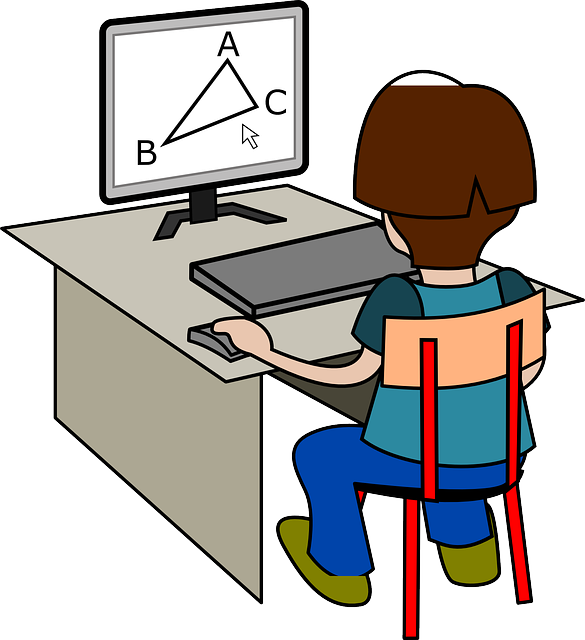WhatsApp Number: +1(249) 265-0080
Action Research vs. Consulting
What is the difference between action research and consulting? How can action research justify its conclusions? Discuss the generalizability of participatory action research.
Check our essay writing services here
Action Research vs. Consulting
Action research and consulting are both problem-solving approaches used to improve organizations or address specific issues, but they differ significantly in their methodologies, goals, and processes.
- Purpose and Focus:
- Action Research: This is a participatory approach where the researcher works closely with the people who are directly involved in the issue or problem. The goal is to generate knowledge that is practical and can lead to immediate change while also contributing to theoretical understanding. It emphasizes collaboration between the researcher and the participants, making them active contributors to the research process.
- Consulting: In contrast, consulting is typically a service provided by an external expert or firm to diagnose and solve a problem within an organization. Consultants often provide recommendations or solutions based on their expertise and experience, and their focus is primarily on providing actionable strategies to improve the organization.
- Process and Methodology:
- Action Research: This method is cyclical and involves stages of planning, action, observation, and reflection. Researchers work iteratively, revising and refining their strategies in response to findings from earlier phases. This approach allows for continuous improvement and adaptive strategies based on real-time feedback.
- Consulting: Consultants often follow a more linear approach. They analyze the problem, develop a plan or solution, and then implement it. Consultants typically rely on their expertise to generate the solution and may not involve the client as much in the decision-making process compared to action researchers.
- Engagement of Stakeholders:
- Action Research: In action research, the stakeholders (those affected by the problem) are actively involved in all stages of the research. This collaborative process ensures that the solutions are grounded in the real experiences of those involved.
- Consulting: Consultants may interact with stakeholders but typically focus on providing advice or recommendations. While they may gather input, the stakeholders are usually not involved in the design or implementation of the…


